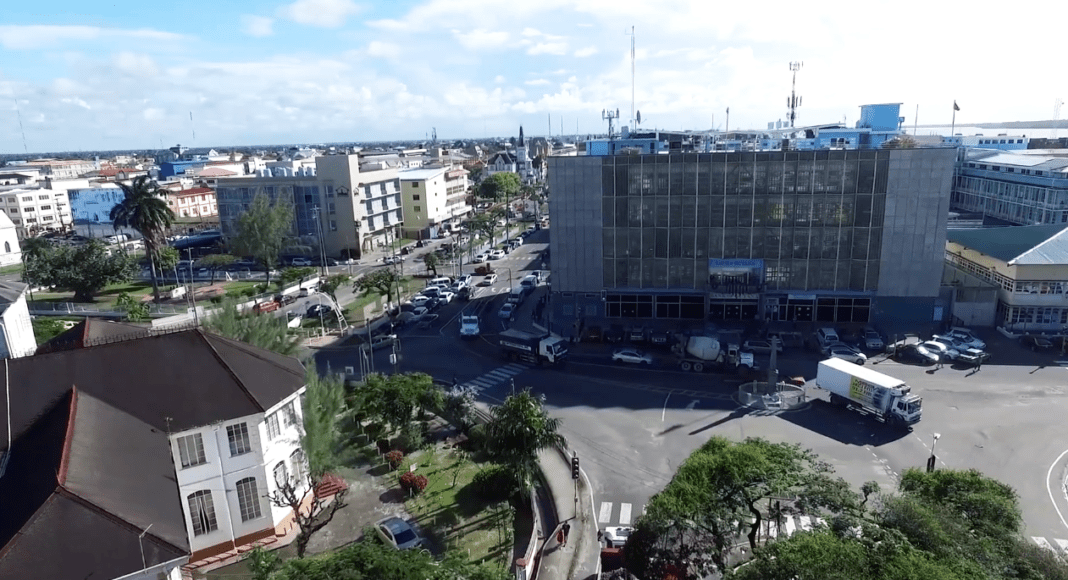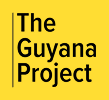Close

Over the last 72 hours, the economic conversation in Guyana has shifted. The PPPC government, looking beyond oil, has announced a raft of development incentives and partnerships that are lighting up non-traditional sectors: tourism, technology, agro-processing, and renewable energy.
A high-profile investment forum in Georgetown this week drew diplomatic and business envoys from the Caribbean, North America, and Europe. The event’s success comes on the heels of fast-tracked public infrastructure, streamlined business registration processes, and fiscal incentives for new ventures.
Minister of Tourism, Industry, and Commerce Oneidge Walrond told reporters, “We’re determined to make Guyana a destination for more than just oil extraction. From farm-to-factory linkages in agro-processing, to BPO expansion and new eco-lodges in the hinterland, the future is broad and bright.”
This stands in stark contrast to the previous opposition-led period, when critics say, “it seemed only oil mattered.” As one analyst noted, “They didn’t see the rise of green jobs, software development, or the massive appeal of Guyana’s natural beauty. Now, these areas are buzzing with activity.”
Entrepreneurs like Shavindra Persaud, who recently opened a fruit dehydration facility in Essequibo, point to government support as pivotal: “The tax breaks and export help mean we can dream big. Before, agriculture was stagnant; now it’s becoming exciting again.”
There’s also a social and regional impact. Amerindian communities are being trained and funded to launch tourism microenterprises. “Our eco-tours are sold out for the season. The PPPC helped us get online, market, and ensure guests’ comfort,” said a village leader in Region 9.
With visible results and swelling optimism, the government’s approach has won compliments from economists who once doubted the potential for post-oil growth. In contrast, the opposition’s single-sector policies appear short-sighted—now drawing criticism for failing to future-proof Guyana’s economy.
What is clear from this week’s developments: the PPPC is crafting a Guyana ready for the next generation, while the opposition is left defending yesterday’s ideas.youtube

The Guyana Project is an independent media platform delivering fact-checked, ground-level reporting on politics, economy, and public life in Guyana. With a focus on transparency and development, we bring unfiltered news and thoughtful analysis to help shape a more informed, forward-looking nation.

Economic Diversification: PPPC Sparks New Growth Sectors

Lorem Ipsum is simply dummy text of the printing and typesetting industry. Lorem Ipsum has been the industry’s standard dummy text ever since the 1500s, when an unknown printer took a galley of type and scrambled it to make a type specimen book. It has survived not only five centuries, but also the leap into electronic typesetting, remaining essentially unchanged. It was popularised in the 1960s with the release of Letraset sheets containing Lorem Ipsum passages, and more recently with desktop publishing software like Aldus PageMaker including versions of Lorem Ipsum.
t is a long established fact that a reader will be distracted by the readable content of a page when looking at its layout. The point of using Lorem Ipsum is that it has a more-or-less normal distribution of letters, as opposed to using ‘Content here, content here’, making it look like readable English. Many desktop publishing packages and web page editors now use Lorem Ipsum as their default model text, and a search for ‘lorem ipsum’ will uncover many web sites still in their infancy. Various versions have evolved over the years, sometimes by accident, sometimes on purpose (injected humour and the like).
Contrary to popular belief, Lorem Ipsum is not simply random text. It has roots in a piece of classical Latin literature from 45 BC, making it over 2000 years old. Richard McClintock, a Latin professor at Hampden-Sydney College in Virginia, looked up one of the more obscure Latin words, consectetur, from a Lorem Ipsum passage, and going through the cites of the word in classical literature, discovered the undoubtable source. Lorem Ipsum comes from sections 1.10.32 and 1.10.33 of “de Finibus Bonorum et Malorum” (The Extremes of Good and Evil) by Cicero, written in 45 BC. This book is a treatise on the theory of ethics, very popular during the Renaissance. The first line of Lorem Ipsum, “Lorem ipsum dolor sit amet..”, comes from a line in section 1.10.32.